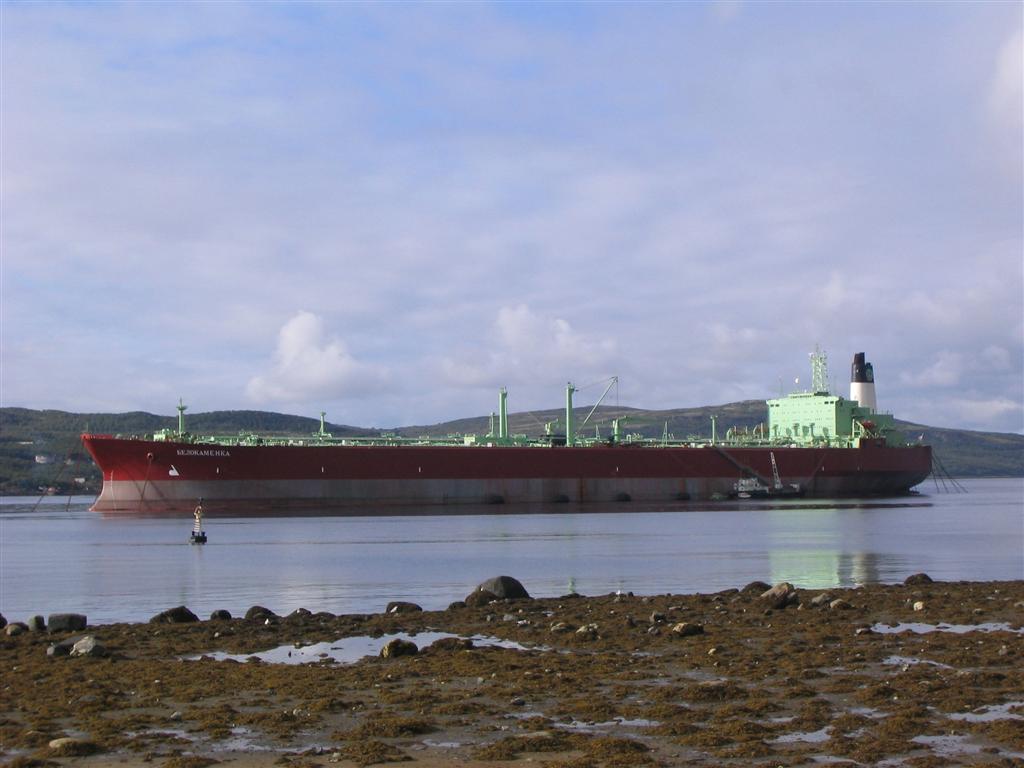|
1.12 INTERCULTURAL DIFFERENCES WITHIN MULTI-NATIONAL
CREWS
At one time the term 'motley crew' was a disparaging comment used
to describe a ship's company composed from a variety of races and cultures.
Today the term is not widely used, but the fact of such crews is more
common than ever. In one case a tanker crew was noted to contain eleven
nationalities. Such a situation is not a problem if most of the crew
share a common first language. But with eleven nationalities on board,
it would be surprising if all shared a first, second or third language!
Whatever the cost savings represented by a mixed crew, the increased
risk of accident due to ineffective communications must be recognised.
Unfortunately, owners who accept mixed manning are unlikely to do much
to improve the situation by language training. With a mixed crew, language
differences may not be the only problem. When a crew is gathered from
a number of nationalities there may be historic or cultural prejudices
or animosities between individuals. This will add to the difficulties
of effective leadership. An intelligent master will allocate the men
to watches so as to minimise possible friction. Officers should insure
that they show no favouritism or discrimination in dealing with the
personnel they supervise. Prejudice based on ethnic origin is as welcome
on a ship as a plague of Spanish influenza.
1.12.1 Human relations and language training
In accordance with Resolution 22 of the International convention on
standards of training, certification and watchkeeping for seafarers,
1978:
All governments are invited 'to establish or encourage the establishment
of training programmes aimed at safeguarding good human relationships
and social responsibility.'
At a minimum, all ship's officers should be trained in the use of English
as the primary means of communication with shore terminal personnel during
cargo transfer operations.
|

